- Nine athletes tested positive for doping and banned from the 2012 Olympics
- David Potter: For as long as there have been games, there have been stories of cheating
- He says cheating methods in ancient times included bribery and dirty tricks
- Potter: At Olympia, athletes had to dedicate a monument recording their cheating
Editor's note: David Potter is a professor of classics at the University of Michigan. He is the author of "The Victor's Crown: A History of Ancient Sport from Homer to Byzantium" and the forthcoming biography "Constantine the Emperor."
(CNN) -- On Wednesday, nine athletes were tested positive for "sophisticated doping" and banned from the 2012 Olympics. This shouldn't surprise anyone. For as long as there have been games, there have been stories of cheating.
Competitive sports -- an open-ended contest for a prize -- started in antiquity. The Olympics, which were held every four years at Olympia, a sanctuary to the god Zeus in the western Peloponnese, became the most prestigious venue for athletics by about 600 B.C. and spawned a whole series of similar events in the next century.
Opening ceremony reaction: Pomp, patriotism and political gaffes

Managing the Olympics or any other athletic event was never easy. In the first surviving set of rules at Olympia, breaking your opponent's fingers in wrestling was strictly forbidden. Rules like this point to a main worry among the people who ran games in the ancient world -- "performance suppression."
While there were no ancient rules against performance enhancement -- our chief concern today -- there is lot of evidence for both the theory and practice of getting people to do less than their best.
Some forms of performance suppression were more effective than others. The most colorful was to place a curse on an athlete so he would not do his best (or the gods of the underworld would drive him mad). This often involved the burial of a lead tablet containing the curse in some place that mattered -- ancient racing venues have produced a fair number of these items.
Another method, typical in the ancient and modern worlds, involved hidden payments to athletes to take a dive. In one famous case, the man who promised a bribe to his son's opponent refused to pay because he decided that his boy would have won anyway -- and was stupid enough to say so where people could hear him.
Perhaps there is not a lot here that has changed, as a British paper is reporting that the father of the only woman on Australia's archery team has had a restraining order lifted because he convinced a judge that he had not tried to intimidate one of his daughter's rivals in a qualifying round.
There there's the route of buying an official, a scheme well known up to this day. It's an athletic nightmare that entails a series of dead heats being declared until the favored contestant could win.
Sometimes the open prejudice of management would come into play. One easy way to get to the desired result was to arrange an especially easy draw for the favored athlete so he could reach the final round against an exhausted opponent. This seems to have been so common that one man actually boasted that he had never won through the Roman emperor's favor.
Finally, and most unpleasantly, there was simple dirty play. Some people developed especially violent moves and were not deterred by the cautionary tale about a man who killed his opponent with a vicious blow in a championship fight and lost the title because people thought he was ghastly.
Chariot racing, which was extremely popular in the old days, seems also to have been prone to catastrophes of all sorts as drivers smashed into each other on the long, crowded course. In one Olympic year, things were so bad that not a single chariot finished the race. Athletes would use a reputation for ferociousness to intimidate their opponents.
Opinion: Team USA's militaristic uniform a problem?
Responses to cheating have always involved stripping a champion of a title, and, at least at Olympia, included the requirement that the athlete dedicate a monument recording his shame for all time (it is thanks to these monuments that we can appreciate the range of cheating). This method of embarrassing the cheater, which stressed the memory of what a person had done wrong, seems a bit more effective than the modern practice of merely erasing a name from the record book and trying to forget what happened.
In the next few weeks, as we watch the best athletes from around the world setting new records, don't be surprised if more stories of cheating emerge.
And if we want to reduce cheating in competitive sporting events, maybe it's better to follow the ancient practice of remembering athletes' misdeeds by, say, erecting a public monument that contains all the names of the Olympic cheaters.
Follow us on Twitter @CNNOpinion
Join us on Facebook/CNNOpinion


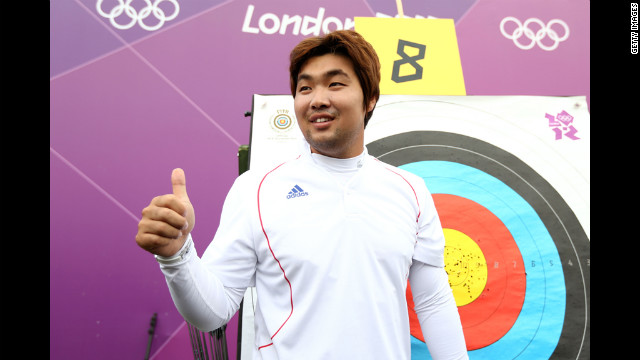
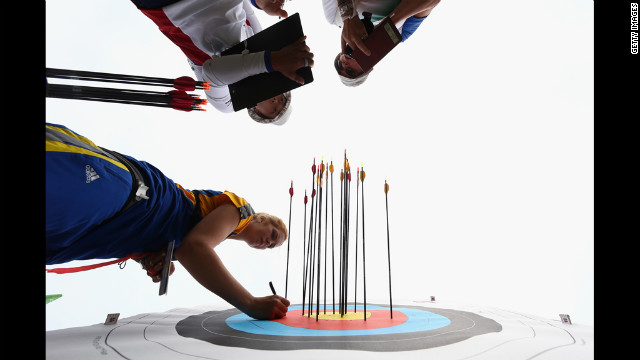
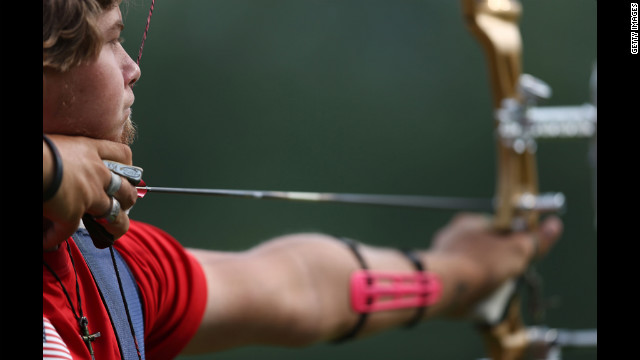

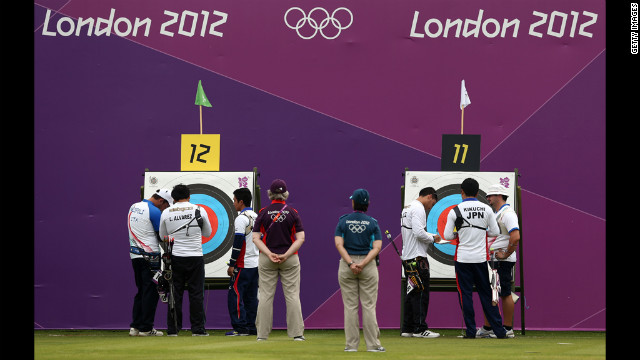
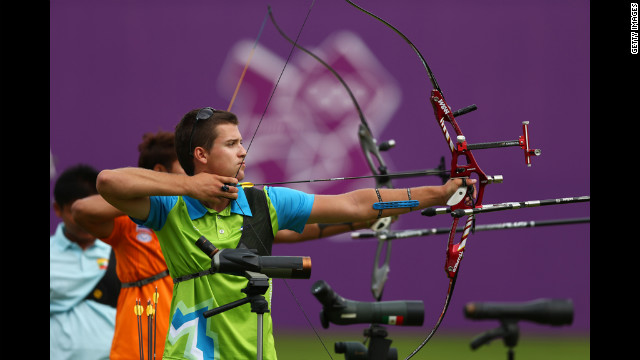
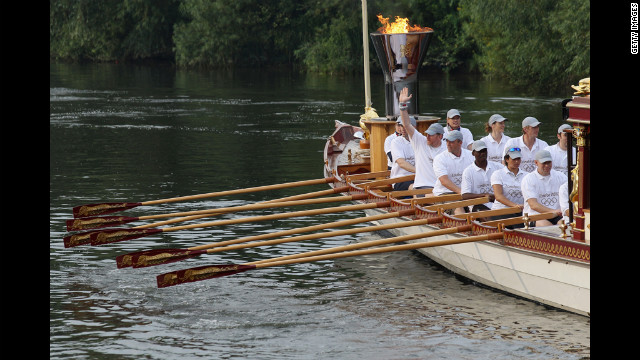
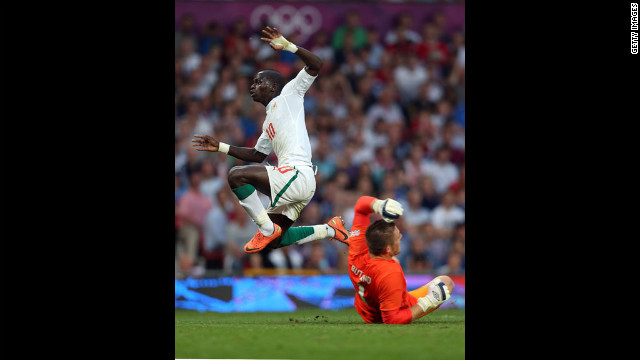

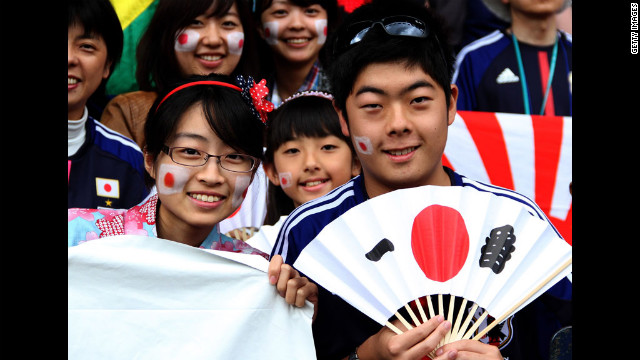







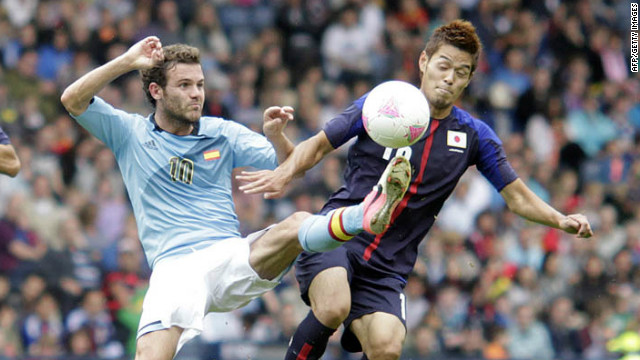

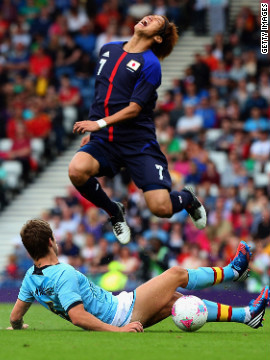

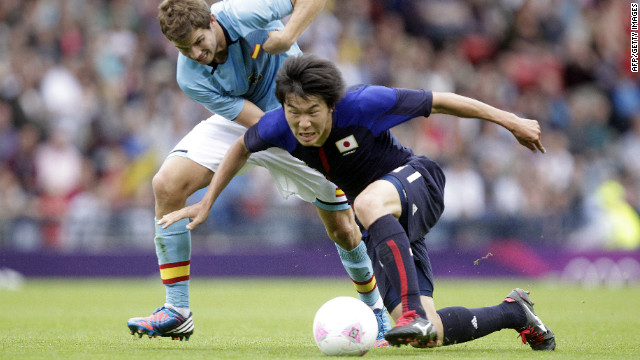
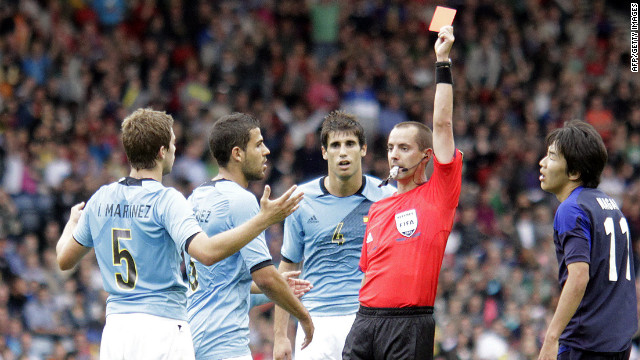






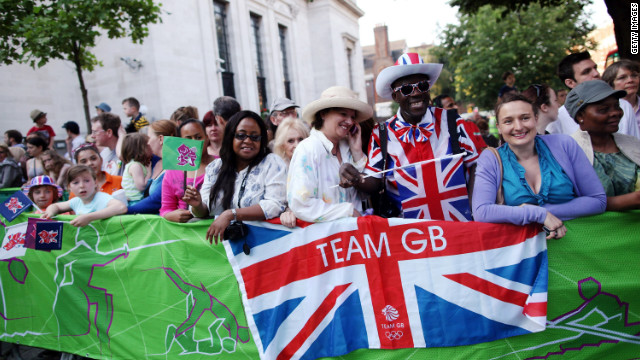






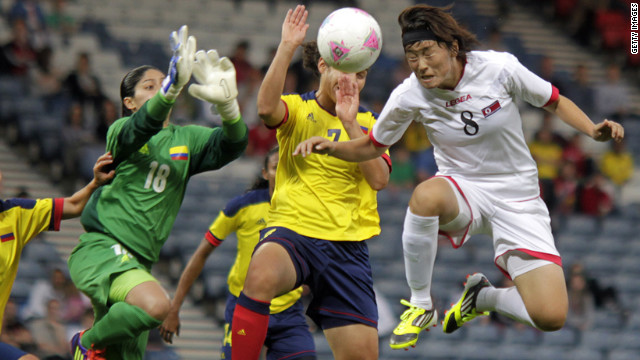
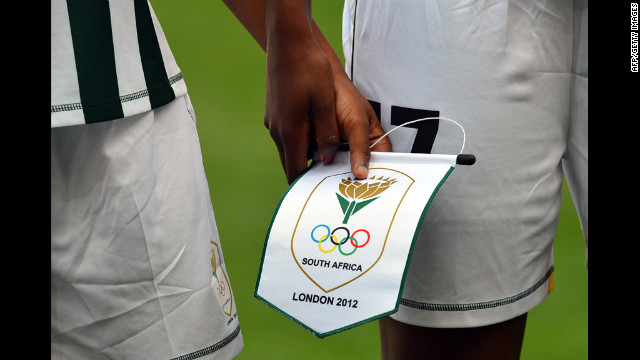
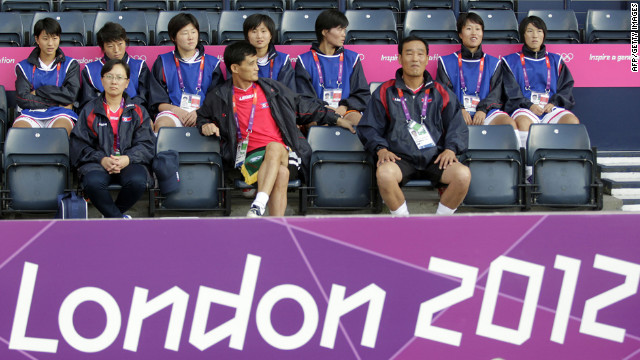
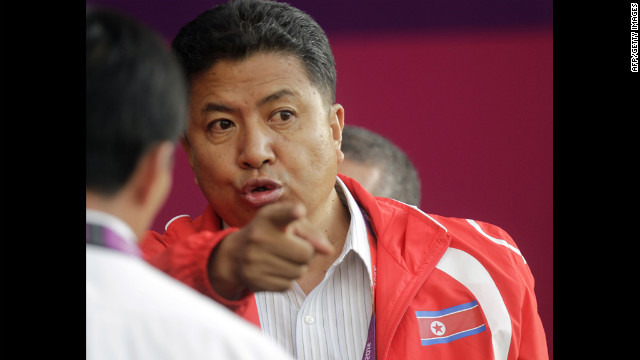








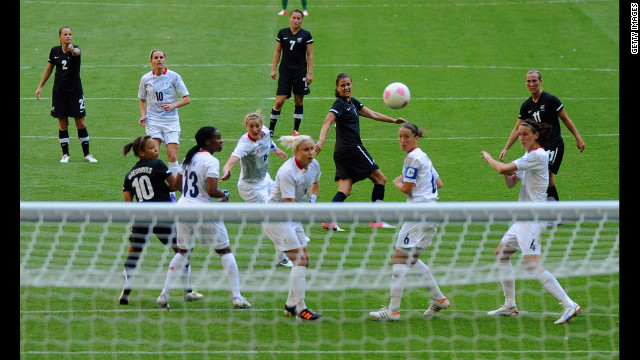

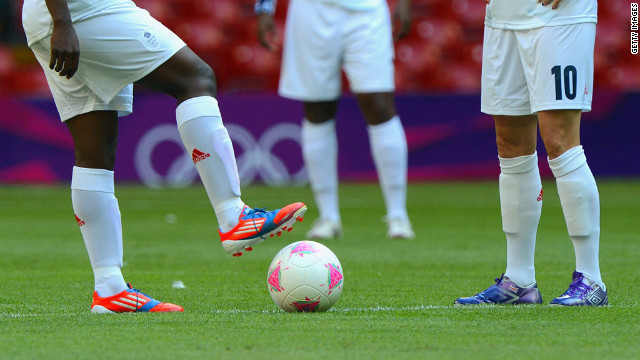


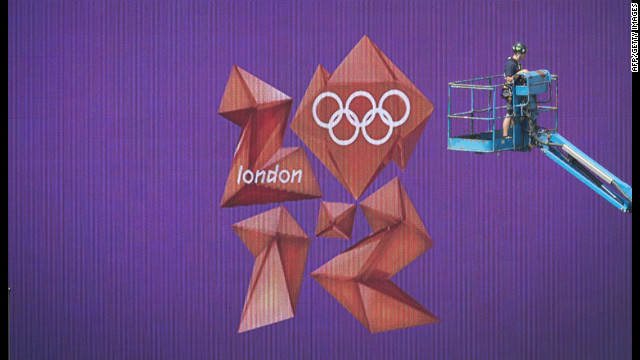




























































No comments:
Post a Comment